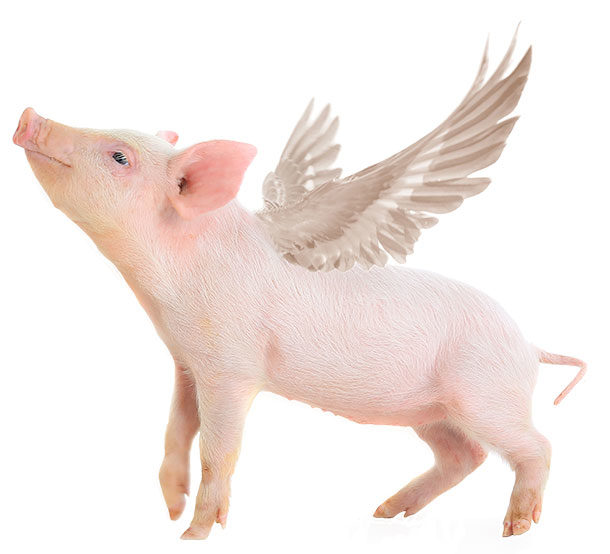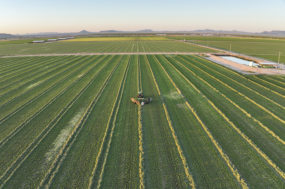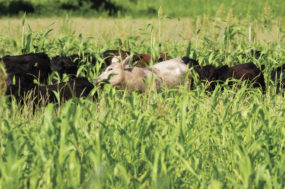Like me as a kid, less than 2 percent of Americans live on a farm. It is safe to say most people are far removed from their roots. However, the language of the average American remains deeply entrenched in its agricultural past; it’s chock-full of quirky farmyard idioms. As a whole, they are a fun nod to our pastoral past. To those of us still “on the farm,” new ones are created every day. (Or is that just my husband?)
However, if one group has their way, these idioms would be put out to pasture. Over a contentious Twitter exchange, PETA got on its high horse and compared these farmyard idioms to hate speech. I’d like to ask, “What are they smoking?” but that’s not quite the right idiom – or is it?
PETA suggests that we use some more animal friendly alternatives. “Bring home the bagel,” they suggest. Or rather than beating a dead horse, we should “feed a fed horse.” While these alternatives are amusing, I think most of us would answer their call with “when pigs fly.”
Regardless of PETA’s opinion on the matter, it’s an interesting phenomenon, this mile-long list of agriculture idioms. A coach tells a young football player to grab the bull by the horns. A granddad jokes with his adolescent grandchildren about sowing wild oats. A teenager heckles their friend to not be a chicken.
Agriculture advocates claim the average consumer lacks agricultural literacy. A non-native English speaker may claim otherwise. How else could they justify all this fowl language?
I imagine, long after most of us bite the dust – or better yet, buy the farm – the 2 percent as well as the 98 percent will be making hay while the sun shines. But don’t just take my word for it – it came straight from the horse’s mouth.
By the way, there are at least 20 farmyard idioms in this passage – count them yourself. ![]()
Erica Louder is a freelance writer based in Idaho. Email Erica Louder.
PHOTO: Photo courtesy of Getty Images.












